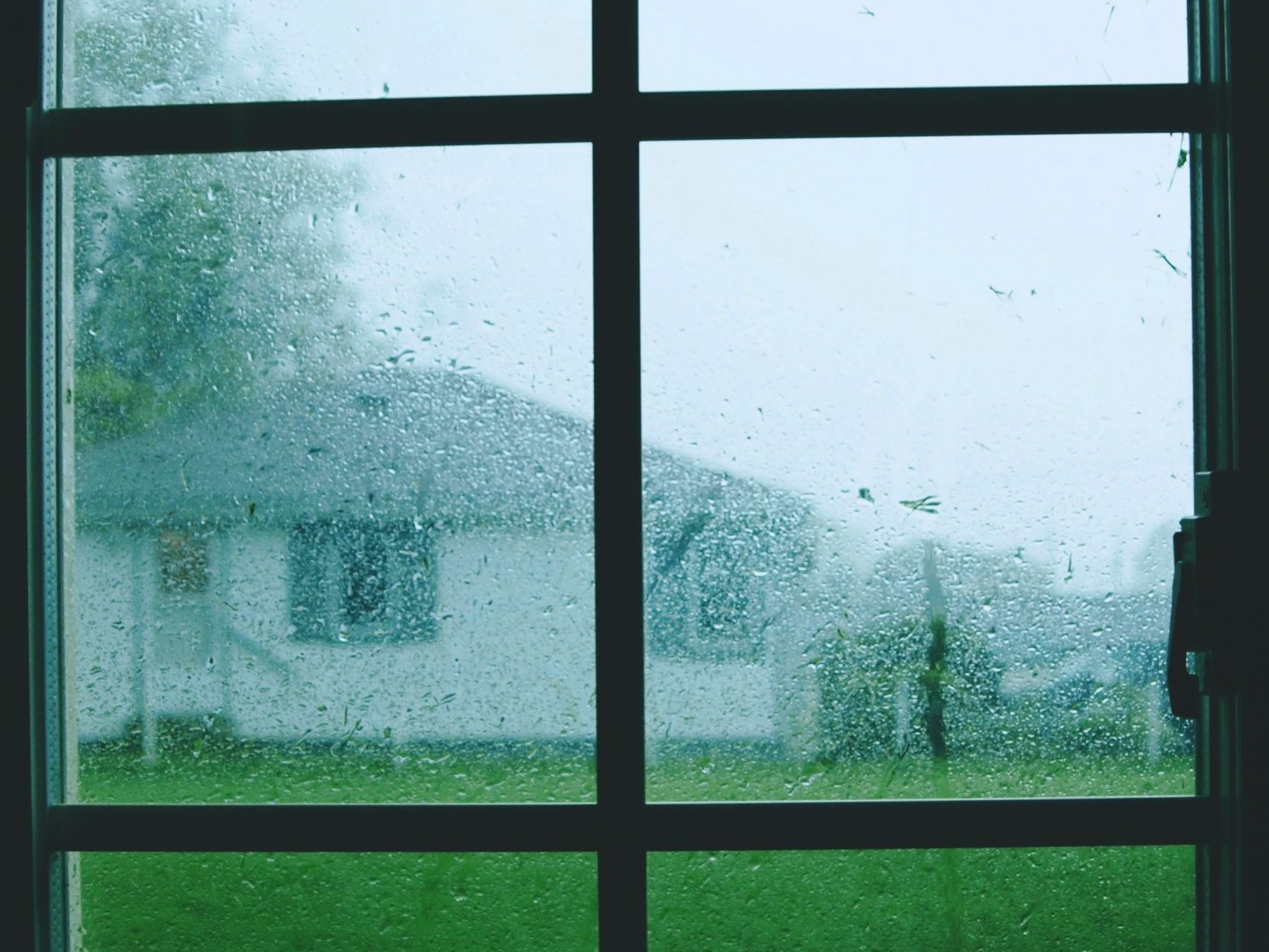Protecting Your House from Storms: Practical Measures for Increased Safety

Currently, storms across Austria are causing challenging weather conditions. Strong gusts of wind and rainfall can significantly endanger not only nature but also houses and properties. To avoid damage and ensure the safety of the house and family, it is important to take the right protective measures in time. Below, you will learn how to effectively protect your home against storms.
Regularly inspect the roof and facade
The roof is particularly vulnerable to storms. Loose or damaged tiles should be repaired immediately, as even a single loose tile can gradually endanger the entire roof during a storm. Modern roofs are equipped with storm clips that provide additional security for the tiles. Facades, gutters, and roof structures such as chimneys or antennas must also be regularly maintained and securely fastened.
Secure windows, doors, and shutters
Before a storm, all windows and doors should be tightly closed. Shutters or blinds offer additional protection against flying objects. Important: Always fully close blinds, as half-open blinds can be caught and damaged by the wind.
Secure loose items in the garden
Garden furniture, flower pots, decorations, or play equipment should be brought into the house, garage, or basement when a storm warning is issued. Awnings and parasols must also be retracted. Flying objects can damage not only your own house but also neighboring properties.
Check Trees and Shrubs
Regular pruning prevents rotten branches from breaking off during storms and causing damage. Especially large or old trees near the house should be checked by professionals for their stability.
Keep Emergency Equipment and Supplies Ready
A small emergency kit with flashlights, batteries, a first aid kit, and important documents should be readily available. A small supply of water and non-perishable food is also sensible in case of power outages or other shortages.
Stay Indoors During the Storm
During a severe storm, it is safest to stay indoors and avoid all outdoor areas. Pets should also be brought inside. The car is best parked in a garage or at least not under trees.
What to Do if Storm Damage Occurs to the House?
Despite all precautions, storms can cause damage to the house. In such a case, it is important to act calmly and thoughtfully. Here you will find a practical step-by-step guide on what to do next:
1. Safety First
- Betrete beschädigte Bereiche nur, wenn keine akute Gefahr besteht!
Lose Dachziegel, herabhängende Äste oder beschädigte Stromleitungen können lebensgefährlich sein. - Gasgeruch oder Wasserrohrbruch?
Sofort das Haus verlassen und die Feuerwehr (Notruf 122) verständigen.
2. Document Damages
- Fotos machen:
Fotografiere alle Schäden am Haus, Dach, Garten und an Gegenständen möglichst detailliert aus verschiedenen Perspektiven. - Liste anfertigen:
Notiere, was beschädigt wurde und schätze den Umfang der Schäden.
3. Inform Insurance
- Schaden so schnell wie möglich melden:
Kontaktiere deine Haushalts- oder Gebäudeversicherung. Viele Versicherungen bieten eine 24-Stunden-Notfallnummer an (Nummer findest du auf deiner Polizze oder der Website deiner Versicherung). - Wichtige Infos bereithalten:
Versicherungsnummer, Fotos, Schadenliste und Kontaktdaten.
4. Emergency Numbers & Important Contacts
- Feuerwehr: 122
(Bei akuter Gefahr, z.B. herabfallende Teile, Wassereintritt, Gasgeruch) - Polizei: 133
(Wenn z.B. Straßen blockiert oder Nachbarschaft gefährdet ist) - Störungsdienst Strom:
Die Nummer deines regionalen Stromanbieters findest du auf der letzten Stromrechnung oder online. - Versicherung:
Notfallnummer deiner Versicherung (oft auf der Website oder Polizze)
5. Initial Measures for Damage Control
- Nur, wenn gefahrlos möglich:
Provisorisch Fenster und Türen abdichten, Wasser abpumpen, beschädigte Gegenstände sichern. - Keine eigenen Reparaturen an Stromleitungen oder dem Dach ausführen!
Hier immer Profis beauftragen.
6. Hire Professional Companies
- Für größere Schäden:
Dachdecker, Installateur, Elektriker oder Baumeister kontaktieren. Viele Versicherungen haben Partnerfirmen, die schnell vor Ort sind.
7. Inform Neighbors
- Falls Schäden auch Nachbargrundstücke betreffen:
Offene Kommunikation hilft, Missverständnisse zu vermeiden und gemeinsam Lösungen zu finden.
With these steps, you are well-prepared in case of an emergency and can react quickly and correctly.
Tip: Save the most important emergency numbers and insurance information directly on your phone!
This article has been automatically translated, read the original article here.





